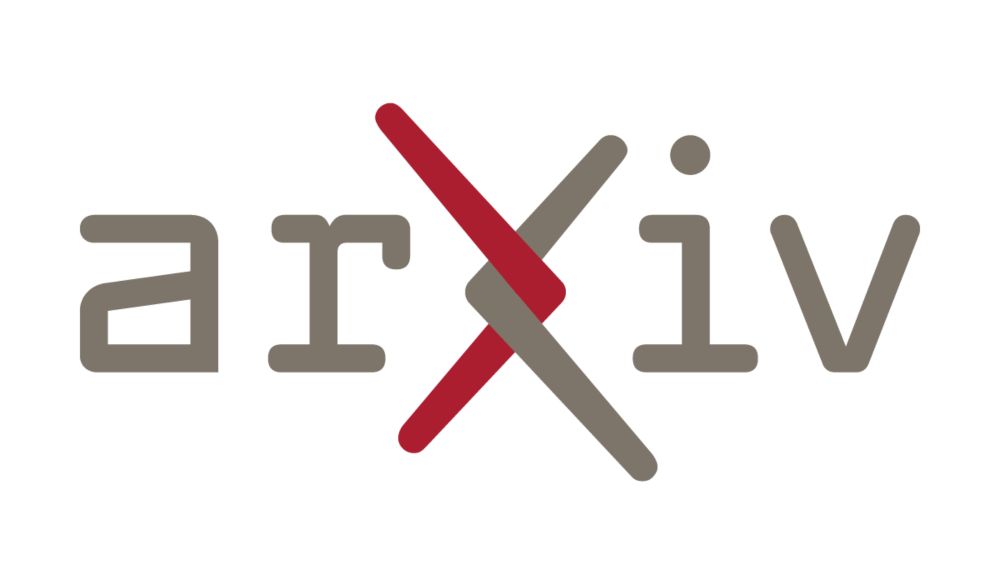
www.usenix.org/conference/u...
Since it’s participatory maybe CSCW but I’m less familiar with it.
Alternatively maybe CHI, but the registration deadline just passed.
by Eran Toch — Reposted by: Daniel Zappala
Reposted by: Daniel Zappala

Reposted by: Daniel Zappala
Reposted by: Daniel Zappala
Reposted by: Daniel Zappala
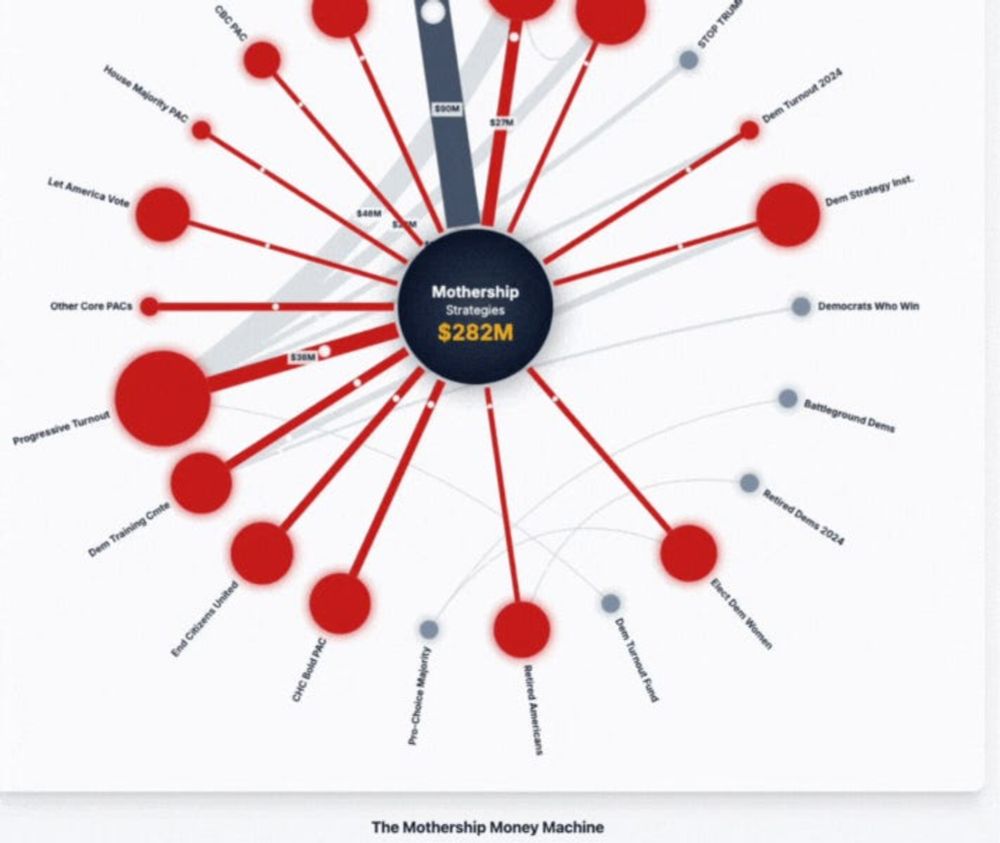
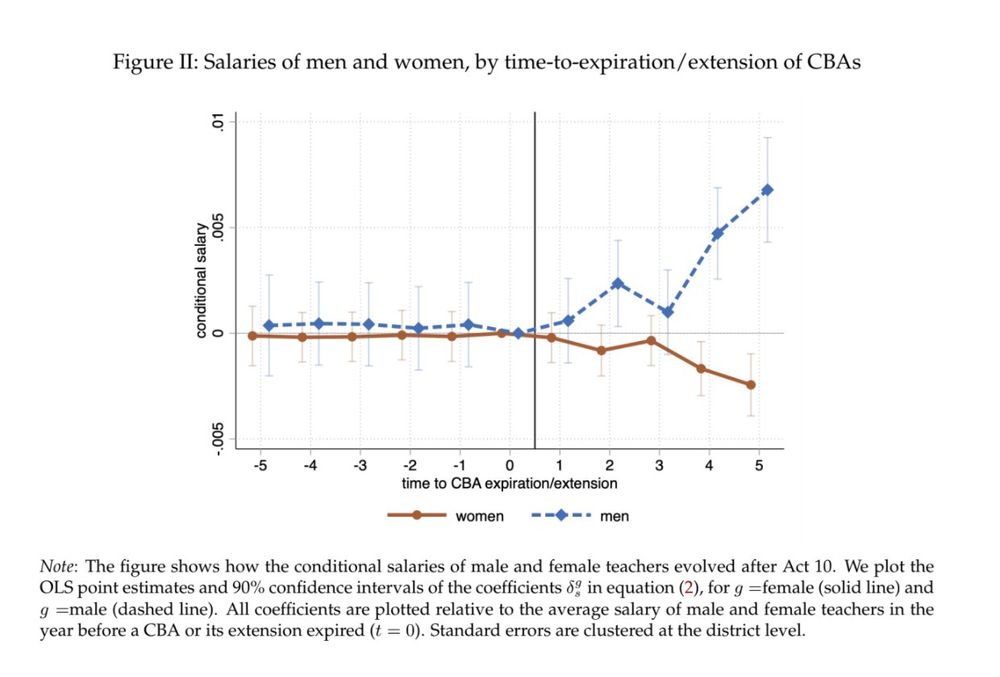
Reposted by: Daniel Zappala
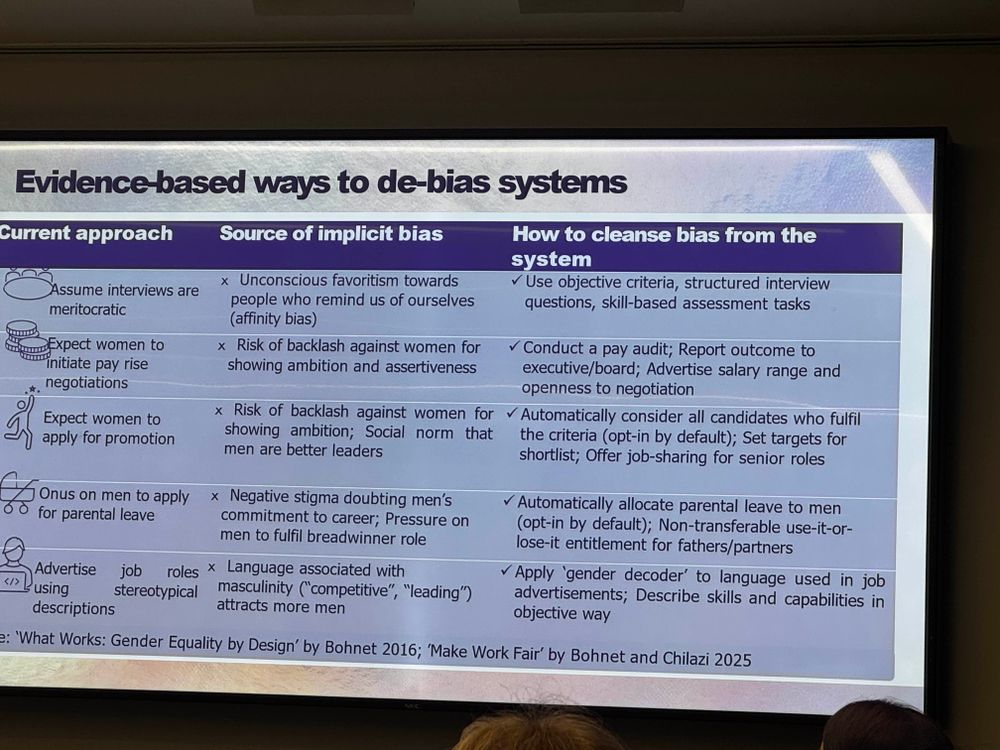
Reposted by: Daniel Zappala
This isn’t about the budget. If it was, they’d be going after the military (17%) or state appropriations (38%). NSF is 0.7% of the federal budget. All federal employees make up only 4% of the budget.
Reposted by: Daniel Zappala, Michelle L. Mazurek
If you are attending SOUPS, consider signing up to be a mentor or a mentee. It's a wonderful way to connect with others.
www.usenix.org/conference/s...
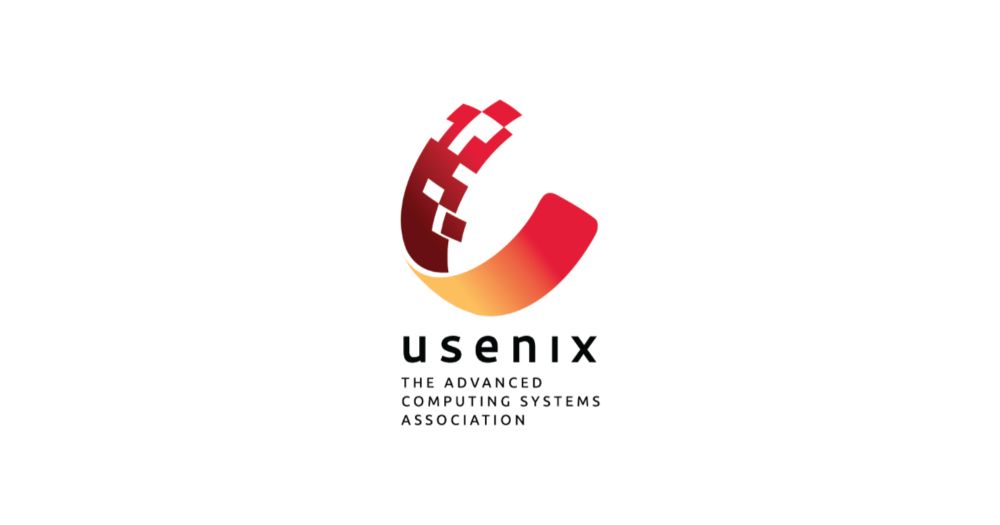
Reposted by: Daniel Zappala
If so, consider signing up to be a mentor or mentee for the mentoring program! It's a great way to meet other folks at the conference :) www.usenix.org/conference/s...

Reposted by: Daniel Zappala, Nancy Kanwisher
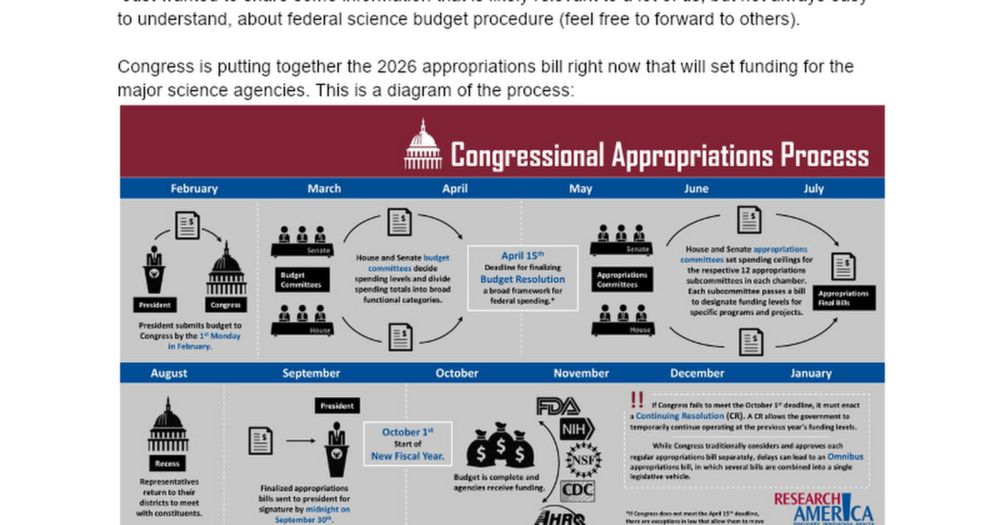
Reposted by: Daniel Zappala, Mark Alfano, Christina Ho



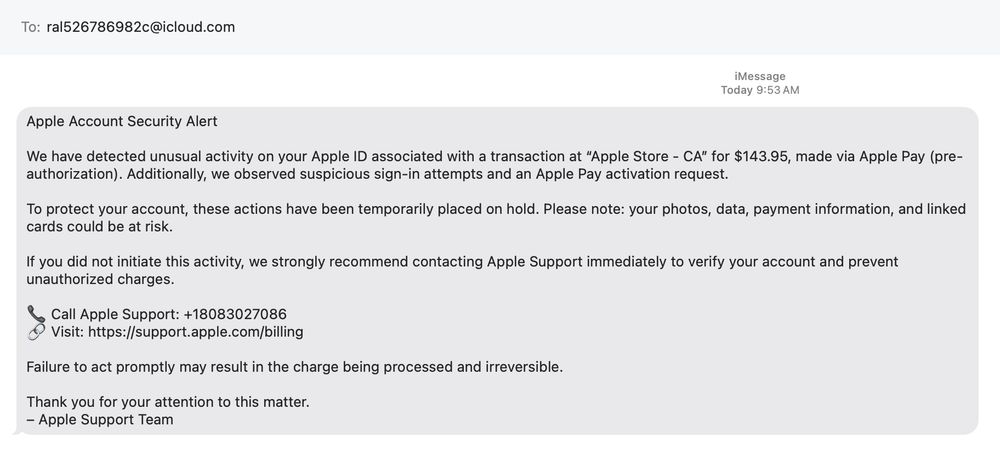
Reposted by: Daniel Zappala, Christopher Parsons
Reposted by: Daniel Zappala, Daniel Wilson
Over the last 3 years, we've been working with @workerinfox.bsky.social to audit Uber's algorithms. 1/
